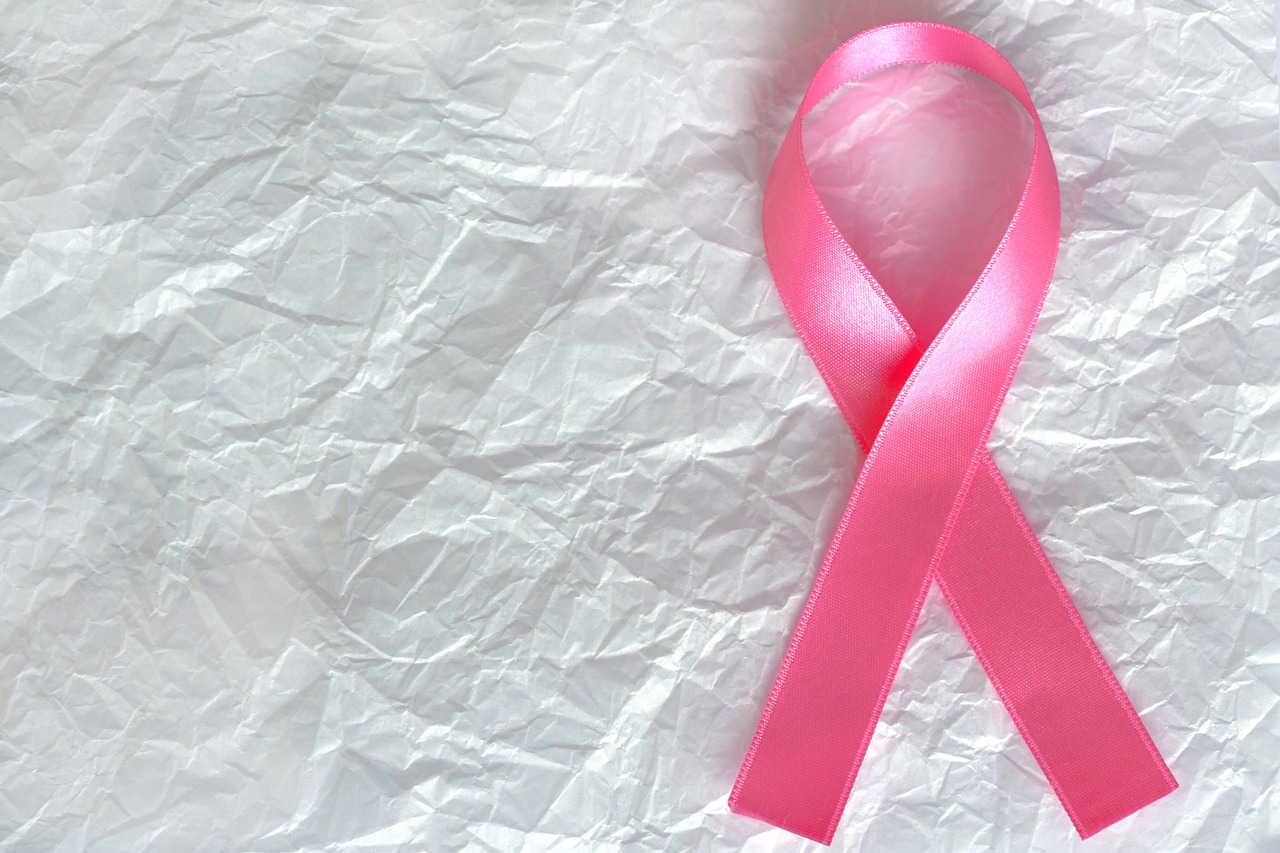Media release
From:
JAMA
Postpartum Breast Cancer and Survival in Women With Germline BRCA Pathogenic Variants
About The Study: This study including 903 women with BRCA germline pathogenic variants found that a breast cancer diagnosis less than 10 years postpartum was associated with higher risk of mortality compared with nulliparous women and women diagnosed at least 10 years postpartum. These results should inform genetic counseling, prevention, and treatment strategies for BRCA pathogenic variant carriers.
Journal/
conference:
JAMA Network Open
Organisation/s:
Oregon Health & Science University, USA
Funder:
This project was supported by funding from the Oregon Health & Science University’s Knight
Cancer Institute (Dr Zhang), the National Institute of Health (NIH) Office of Research onWomen’s Health and the National Institute of Child Health and Human Development Building Interdisciplinary Research Careers inWomen’s
Health (grant No. K12HD043488; Dr Zhang), a grant from the ACED (grant No. ACED7250220), the NIH National
Cancer Institute (grant No. R01CA169175; Dr Schedin), the Prevent Cancer Foundation Fellowship (Dr Bernhardt),
and the resources to Dr Schedin from the Willard L. and Ruth P. Eccles and Leonard Schnitzer Family Foundations.
We also thank the Knight Cancer Institute’s Cancer Center Support (grant No. P30CA69533).



 International
International



